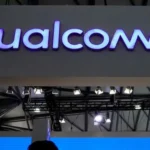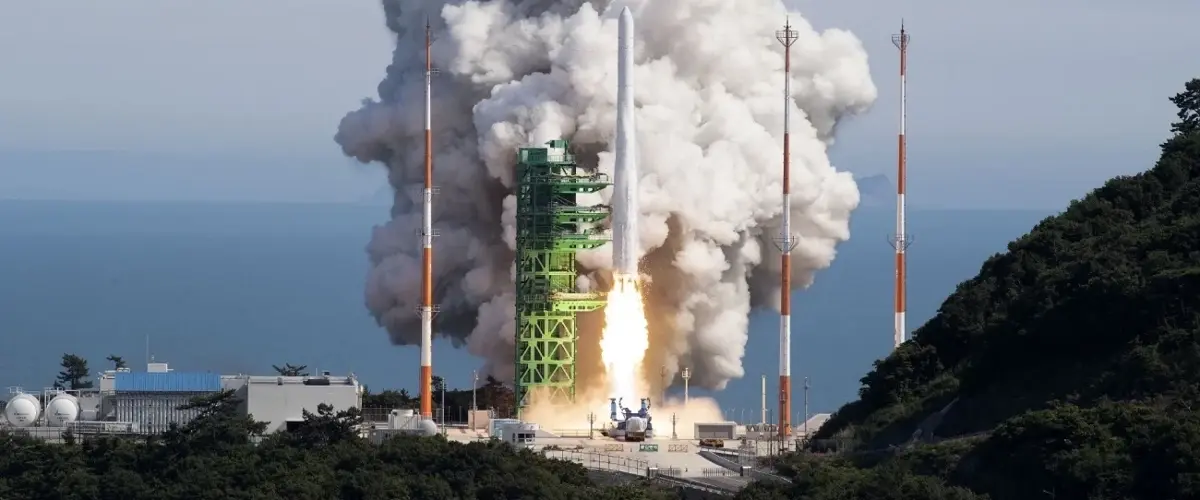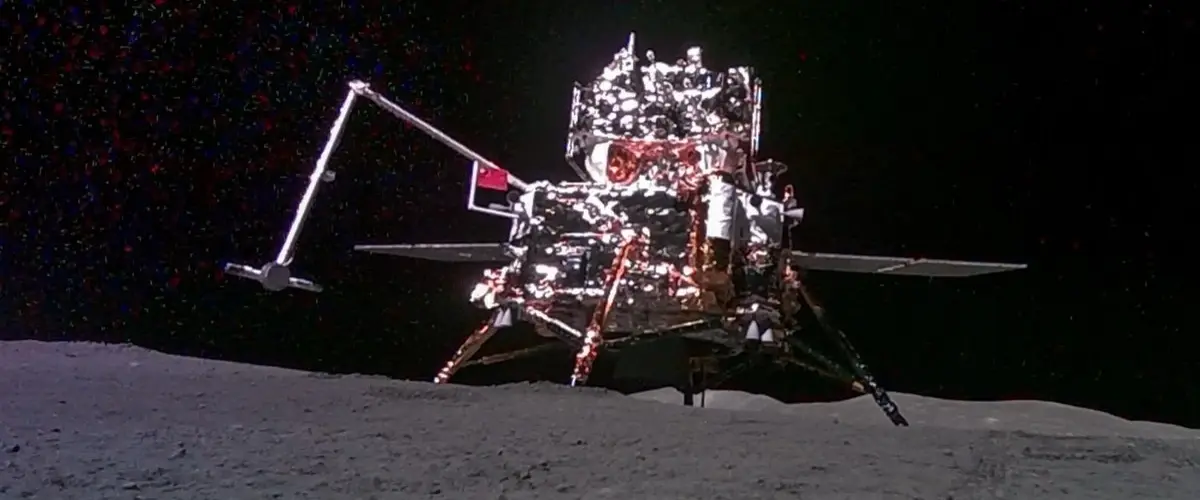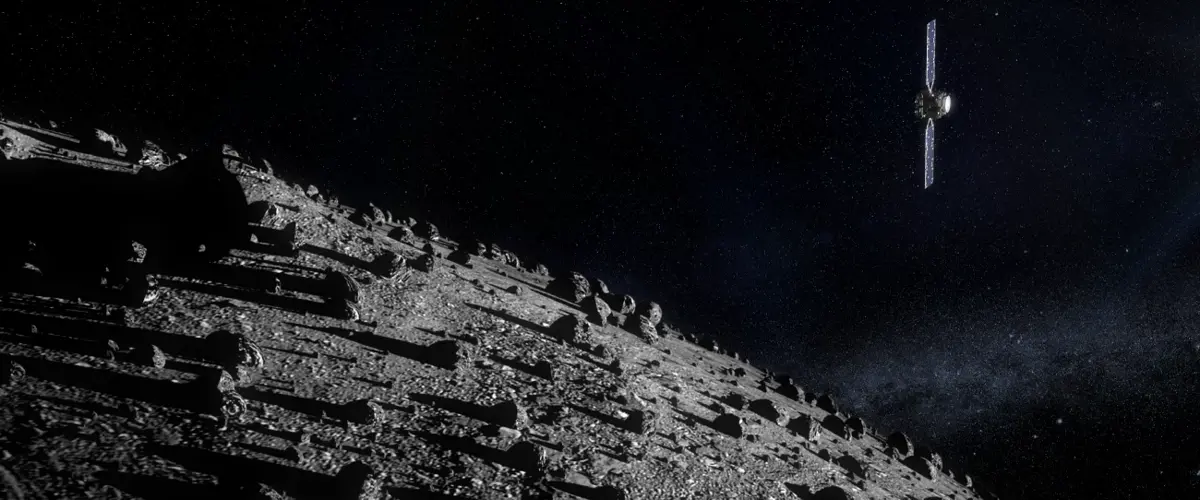Successful South Korean companies like Samsung and SK hynix started decades ago by copying the technologies and achievements of competitors from the USA and Japan, eventually surpassing them in both innovation and production volumes. Now, the South Korean government aims to replicate this success in the space sector. The newly established space agency, led by Minister of Science and Technology Lee Jong-ho, has set a goal to position South Korea among the world’s leading space powers. Among the ambitious plans are an unmanned lunar mission by 2032 and a Mars mission by the mid-2030s.
To achieve this, the government plans to double the annual space budget to 1.5 trillion won ($1.1 billion) by 2027. President Yoon Suk-yeol’s administration will also allocate 2 trillion won ($1.47 billion) for a new rocket program and 3.7 trillion won ($2.72 billion) for the development of navigation satellites. Lee Jong-ho noted that in the past, such goals seemed unattainable, much like South Korea becoming a leader in semiconductor manufacturing. Despite its late start in the space industry, the country is already making significant progress.
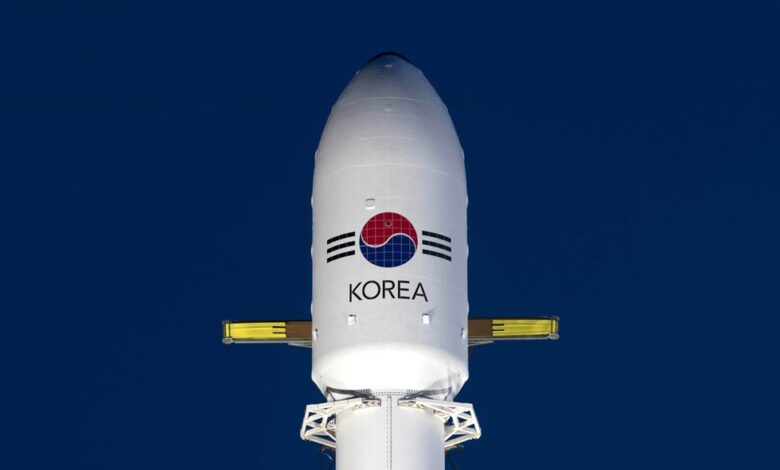
In 2021, South Korea launched its first domestically developed rocket, Nuri, and a year later, it placed its first satellite into orbit. In April of this year, a SpaceX rocket deployed the first military satellite for the South Korean army, and by 2025, the number of these satellites is expected to increase to five. However, despite these successes, South Korea’s space program still lags behind those of Japan and China.
To accelerate its development, South Korea plans to establish a launch site in the coastal county of Goheung for private companies and a support fund for private space projects exceeding 100 billion won ($74 million). The new space organization, the Korea Aerospace Administration (KASA), will operate on a model similar to NASA. The head of the research and development program is John Lee, a NASA veteran with 30 years of experience.
Among KASA’s ambitious plans are an unmanned lunar mission by 2032 and a Mars mission by the mid-2030s. State support for the space program mirrors the policy that enabled companies like Samsung and LG to become global leaders in their industries. Professor Song Byungwan of George Mason University compares the potential success in the space sector to South Korea’s achievements in shipbuilding in the 1980s, when the country focused all its resources on that field.
Companies like Korea Aerospace Industries and Hanwha Aerospace are actively participating in space projects. Next year, SpaceX will launch two satellites for Korea Aerospace Industries, and Hanwha Aerospace is developing a new rocket for sending a lunar module. Defense systems developer LIG Nex1 is working with the government to create the Korean Positioning System, a navigation system similar to the American GPS.






